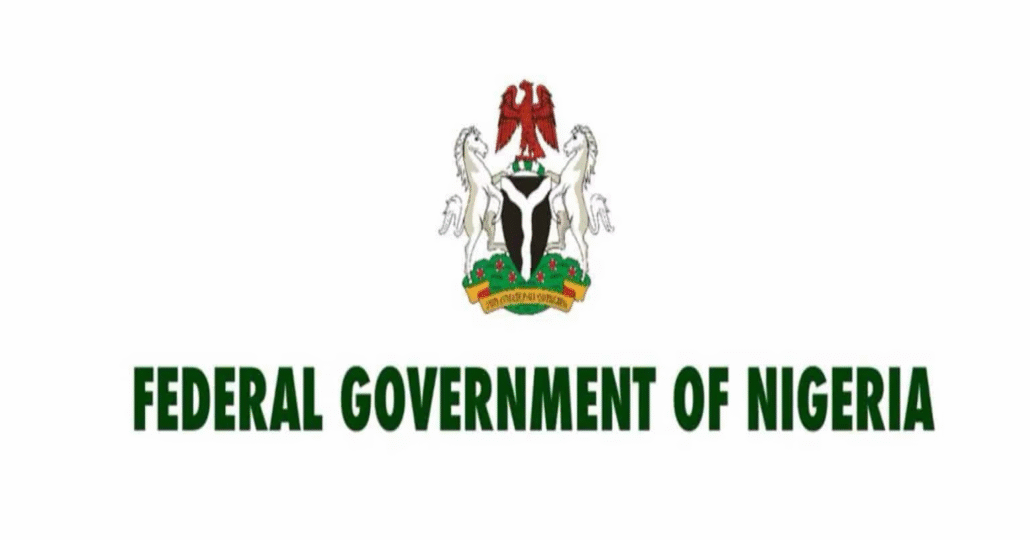Federal Government Ends BEA Scholarship Programme; The Federal Government has officially ended the Bilateral Education Agreement (BEA) Scholarship Programme. This announcement was made by the Minister of Education, Dr. Maruf Olatunji Alausa, during a press briefing held in Abuja.
The decision comes after a comprehensive policy review. According to Dr. Alausa, Nigerian universities and polytechnics now offer all the academic courses that students once went abroad to study—many of which are now just as strong, or even stronger, than their international counterparts.
The government explained that continuing to fund foreign scholarships using public money is no longer justifiable, especially when quality education is readily available within the country.
HAVE YOU USED OUR JAMB TOOL YET? IT PROVIDES YOUR JAMB COMBINATION FOR FREE
How This Change Benefits Local Institutions

Sending students abroad under the BEA scheme has always been expensive. The programme required the government to cover the costs of:
- Airfare
- Tuition
- Monthly stipends
- Living expenses
- Healthcare
By ending this programme, the government aims to redirect those funds to strengthen the Nigerian education system. The money previously used to send a few students abroad can now improve infrastructure, hire and pay quality staff, and create more opportunities for students in local universities and polytechnics.
The ultimate goal is to build a more robust, home-grown education system that benefits a larger number of Nigerian students.
What Support Is Still Available for Students
This policy shift does not affect students who are currently on BEA scholarships. Every student already enrolled under the programme will continue receiving full support until they complete their studies abroad.
In addition, several domestic scholarship and financial aid programmes remain in place:
- Nigerian Scholarship Awards – for students enrolled in public universities and polytechnics.
- Federal Government Bursary – for students studying education.
- Presidential Scholarship – for outstanding ex-NYSC corps members.
The government is also expanding the Nigerian Student Loan Programme, which offers interest-free loans to students attending universities and polytechnics in Nigeria.
What Foreign Scholarships Are Still Allowed
While the BEA programme has ended, the government made it clear that it will continue to support foreign scholarships—but only under strict conditions. These international offers must be fully funded by the host country or sponsoring organisation. To be eligible, such scholarships must cover:
- Tuition
- Accommodation
- Transportation
- A monthly allowance of at least $500
- Healthcare
- No cost whatsoever to the Nigerian government
This policy ensures that public funds are protected, while still allowing Nigerian students to benefit from international study opportunities—provided they don’t come with a price tag for the country.
A New Era for Nigerian Education

For students looking ahead to higher education, the message is clear: the government is now focused on building strong, affordable, and high-quality learning options within Nigeria. Support is still available—just not for the kind of foreign scholarship models that no longer serve the broader national interest.
The shift marks a significant investment in local capacity, and an opportunity for Nigeria’s education system to rise to the challenge.







